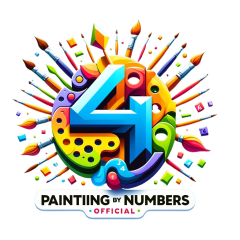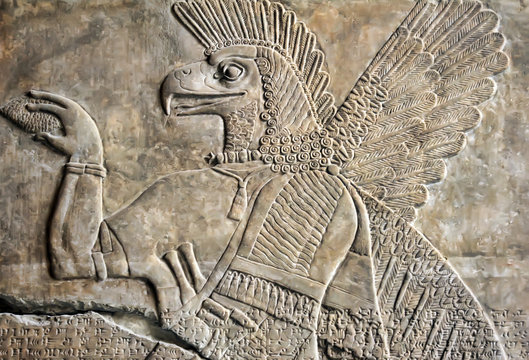Comic books have transcended entertainment and become powerful platforms for critique of social norms. Their distinct images and tales approach complex societal challenges in a captivating manner. This piece addresses how comics have functioned as powerful social criticism instruments. From initial stages, designers tackled relevant issues such as racism and injustice. Works faced prejudice and established the path for socially aware storytelling. During the 1960s and 1970s, the underground comics movement handled concerns such as drug abuse unapologetically. The titles mocked establishments, capturing the spirit of the revolutionary era.
The late twentieth century witnessed an increase in graphic novels and indie comics that addressed societal concerns front on. “Maus” and “Persepolis” shed light on the atrocities of the Holocaust and Iranian Revolution. Contemporary comics tend to expand boundaries, spurring critical discussions on racism and marginalization. Their stories delight while challenging preconceived notions and promoting understanding. Comics’ capacity to mix visuals and tales is emotionally compelling, establishing empathy in a distinctive manner. As society grapples with complicated topics, books remain essential for research and activism.
Reflecting Societal Shifts Through Iconic Narratives
Comic books have frequently served as mirrors for the sociopolitical environments of their era. In the regard, Art Spiegelman’s “Maus” employs animal metaphor to examine the horrors of the Holocaust, while Marjane Satrapi’s “Perspolis” provides a personal peek into the complexity of life during and after Iran’s Islamic revolution. These literary works, which are rich in historical and cultural criticism, demonstrate how comics may capture important social insights and criticisms inside their panels.
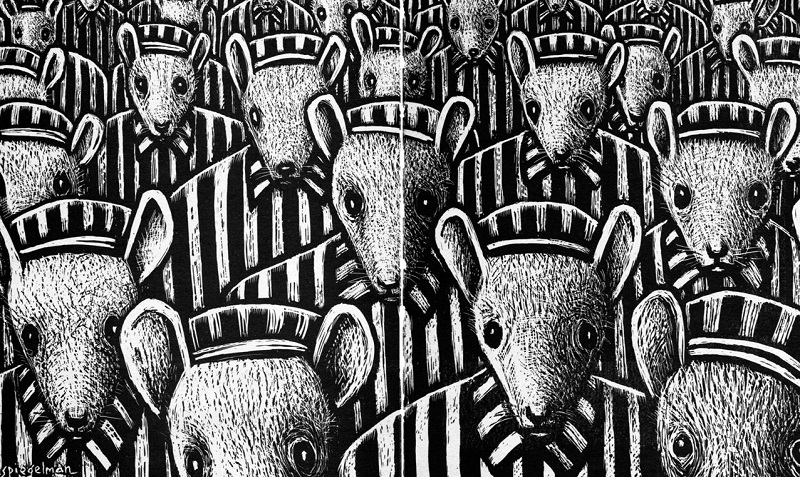
Fostering Empathy Through Visual Storytelling
Eisner previously stated that comic books had a distinctive capacity to “capture the human experience like no other medium,” demonstrating their power to create empathy among readers. Comics like “March” by John Lewis, Andrew Aydin, and Nate Powell offer a significant means of learning by engulfing readers in the lives of characters from various backgrounds and circumstances, bringing historical and societal problems into focus while promoting greater awareness and empathy for those who encountered them.
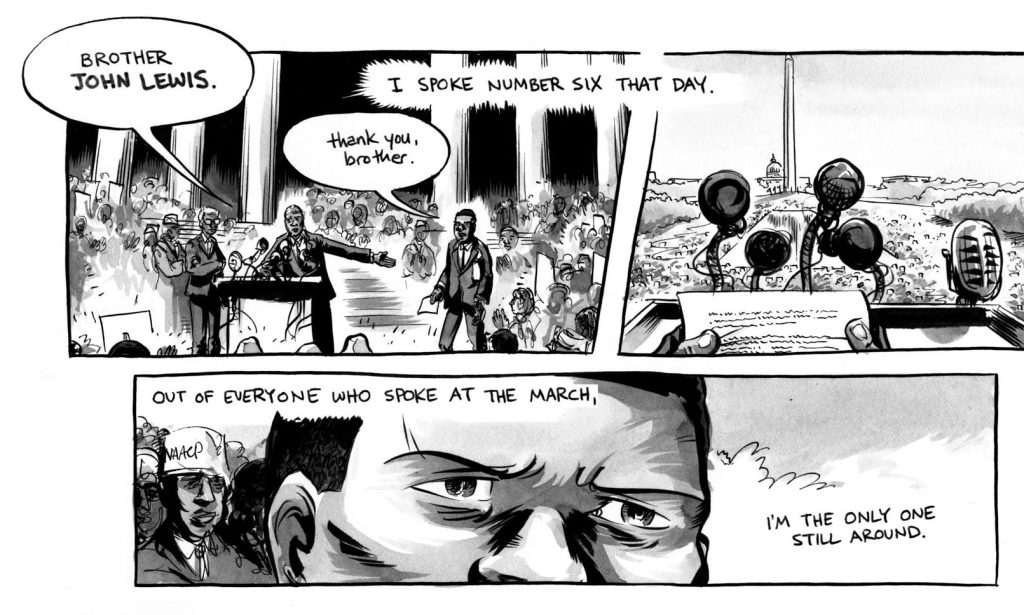
Challenging Norms and Inspiring Change
Comics are often used as a forum for criticizing society norms and promoting future change. Alan moore and David Lloyd’s “V for Vendetta” depicts a dystopian image of the United Kingdom, pushing readers to critically interact with concerns about authoritarianism, freedom, and resistance. Similarly, Moore’s “Watchmen” examines the notion of heroism in the modern world, constructing a complicated tale that calls into question morality and power in society.
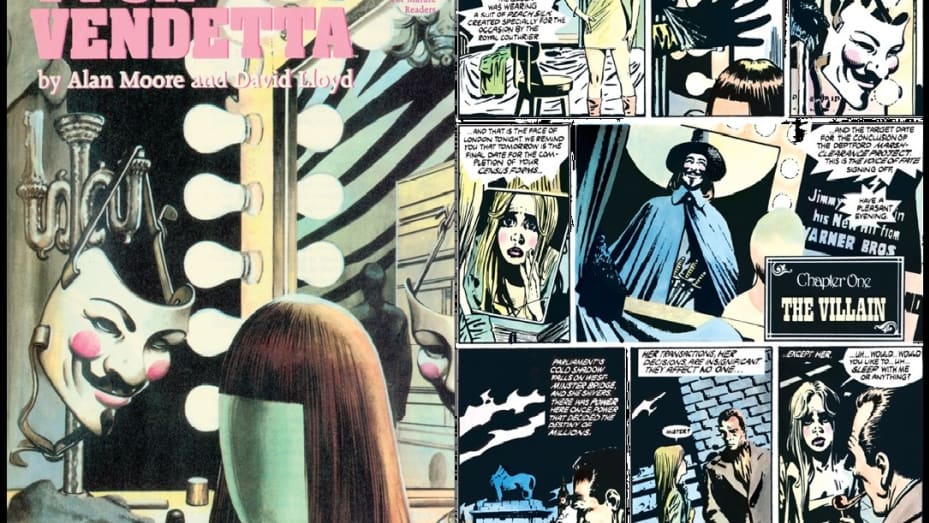
A New Era of Diversity and Representation
The comic book industry’s initiatives to be inclusive have substantially broadened its storytelling. “Ms. Marvel,” featuring Kamala Khan as the first Muslim heroine to headline her own comic book. It represents a watershed moment for diversity and representation in the industry. This strategy challenges preconceptions while also emphasizing the need to present a diverse range of perspectives and experiences.
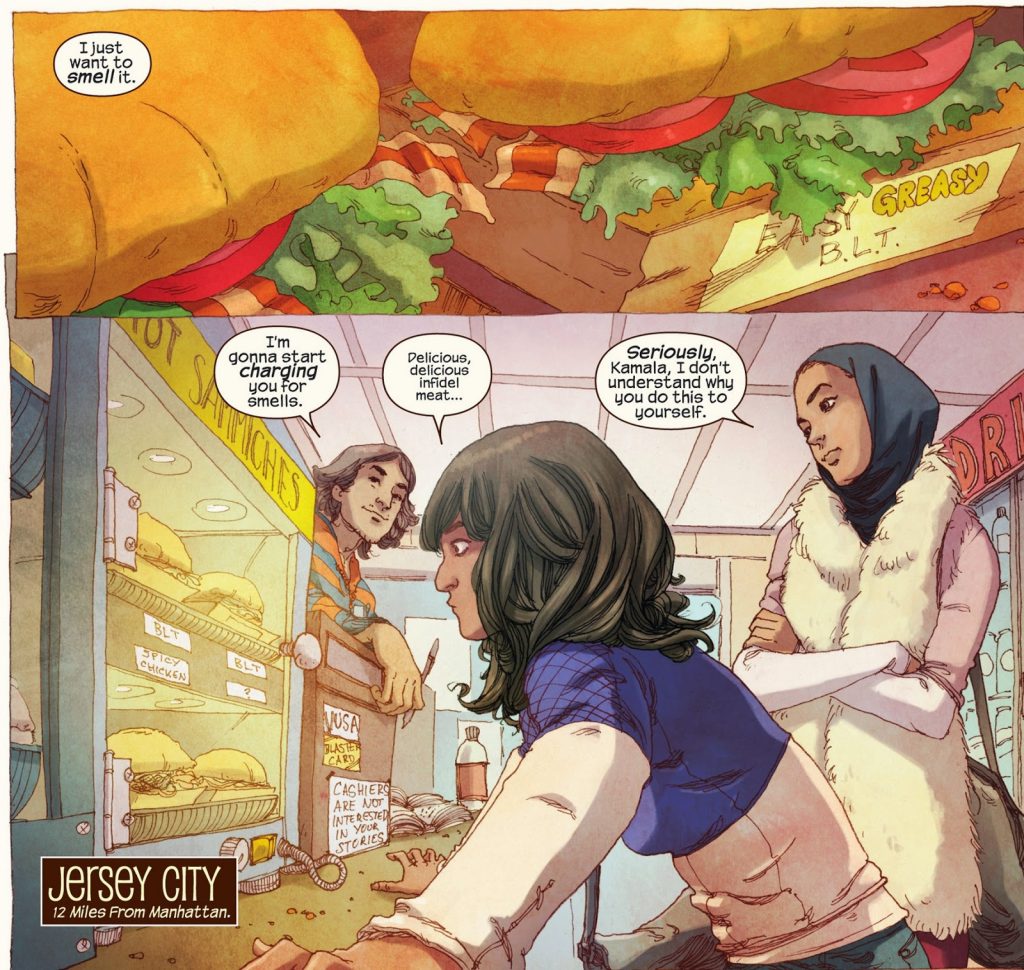
Global Voices and Cultural Exchange
Comic books’ international appeal has given rise to a broad spectrum of global voices and thoughts. “American Born Chinese” by Gene Luen Yang dives into identity struggles and assimilation. It offers snapshots of being Asian-American and joins a wider cultural discussion, enriching the global tapestry of stories.
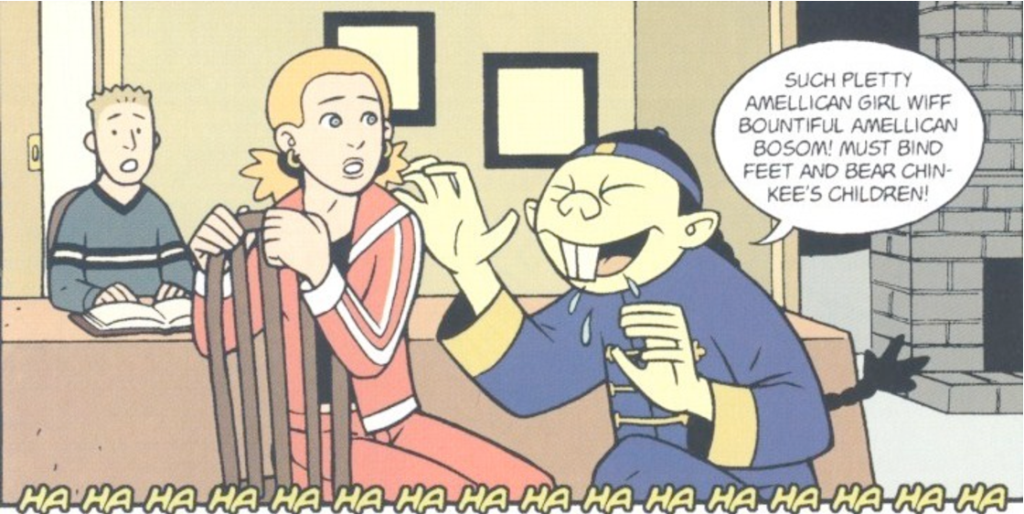
The Digital Frontier: Expanding the Impact of Comics
The advent of digital technology, as well as the growing acceptance of comics as a real literary form, has expanded the medium’s capacity for social criticism. Webcomics and digital platforms have allowed authors to instantly share their work with global audiences, addressing topical societal concerns in a way that conventional print cannot. Platforms like Webtoon have played an important role in this transformation, allowing creators to interact directly with audiences all around the world about current events and social concerns.
Comics have demonstrated themselves to be a successful medium for social commentary and change. They combine art and narrative in ways that defy assumptions and fascinate readers. Comics provide a wide range of perspectives on any matter, from past occurrences to contemporary issues affecting society. Digital platforms increase this influence by linking creators and viewers all over the world. Comics not only entertain but may also promote knowledge and empathy, exemplifying Eisner’s ideal of a dynamic narrative medium. As the medium progresses, its significance in public discourse expands, indicating that it will continue to have an impact on global thoughts and culture.
